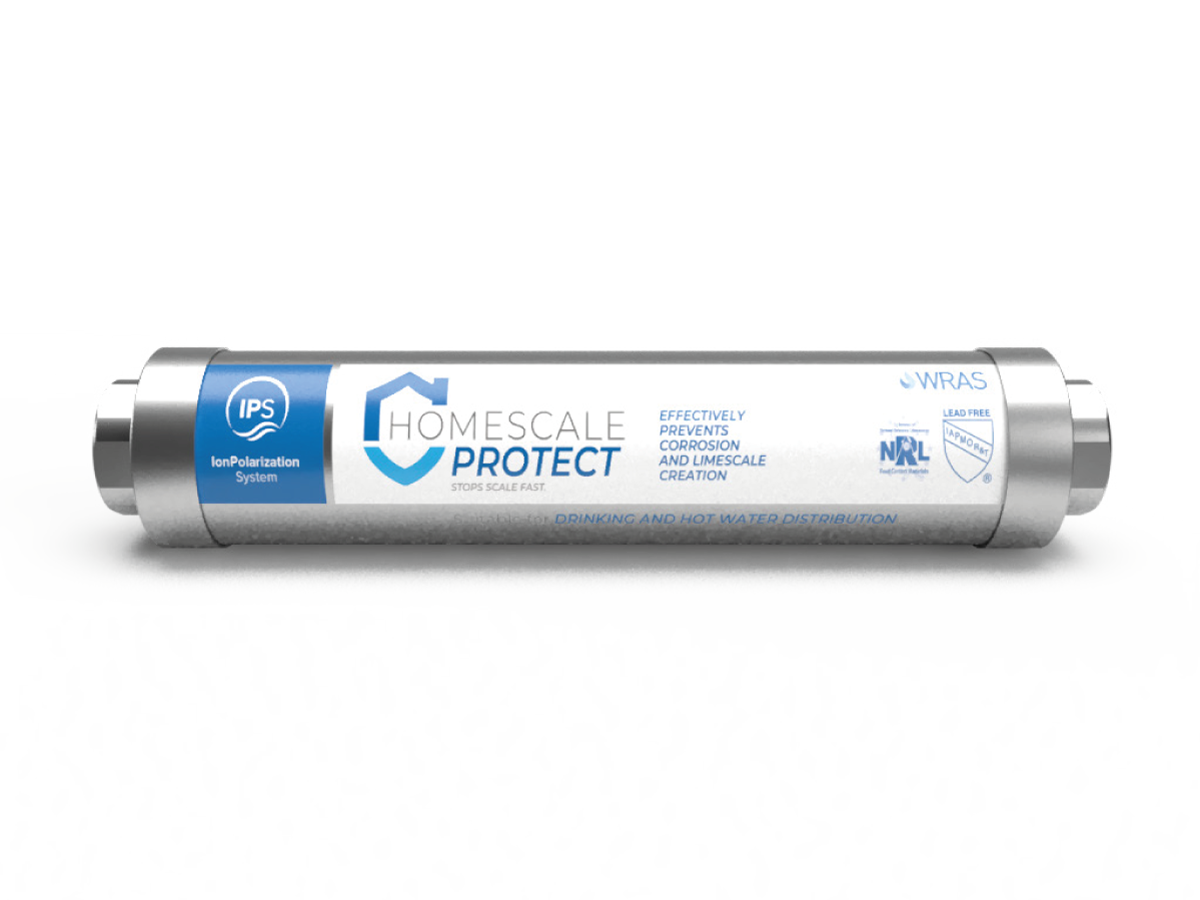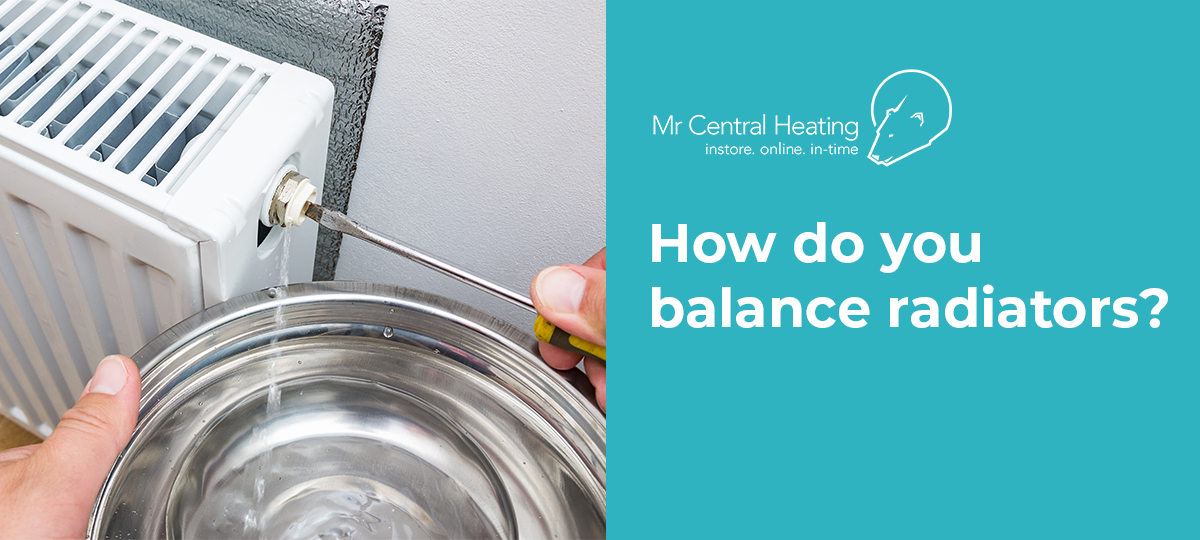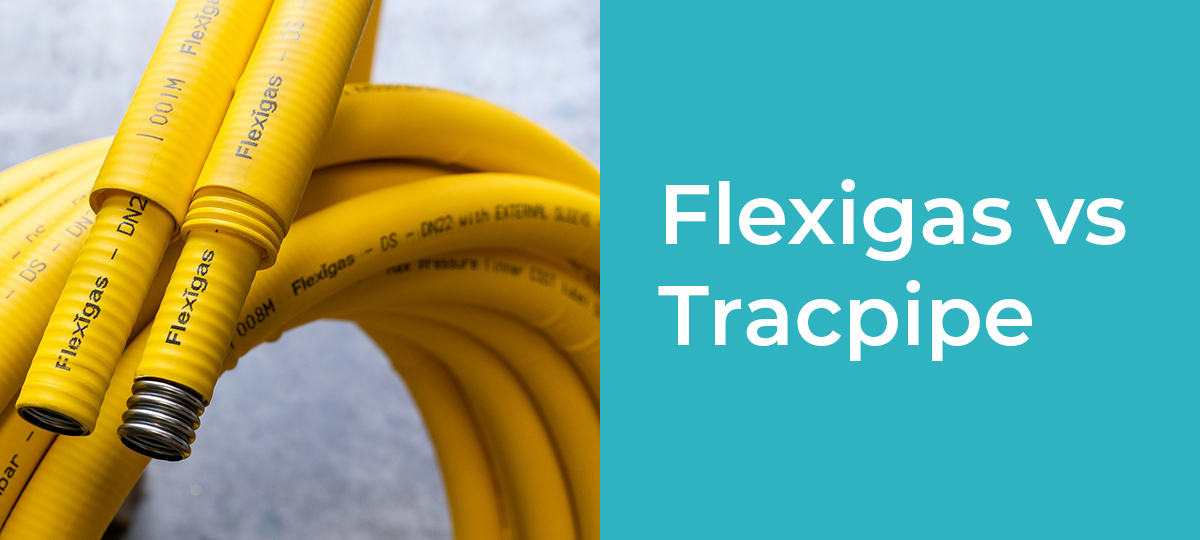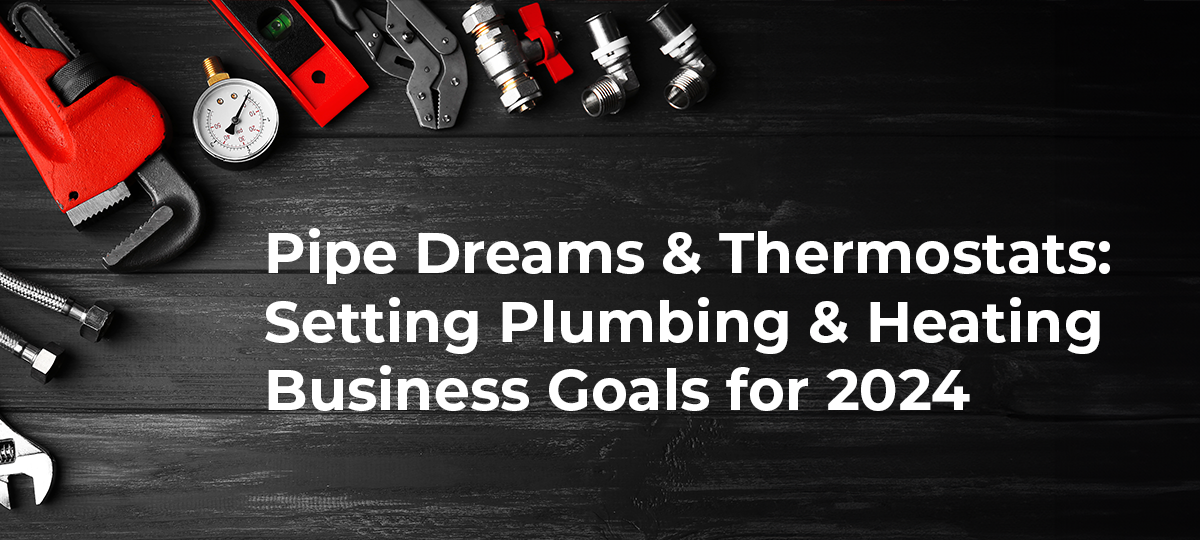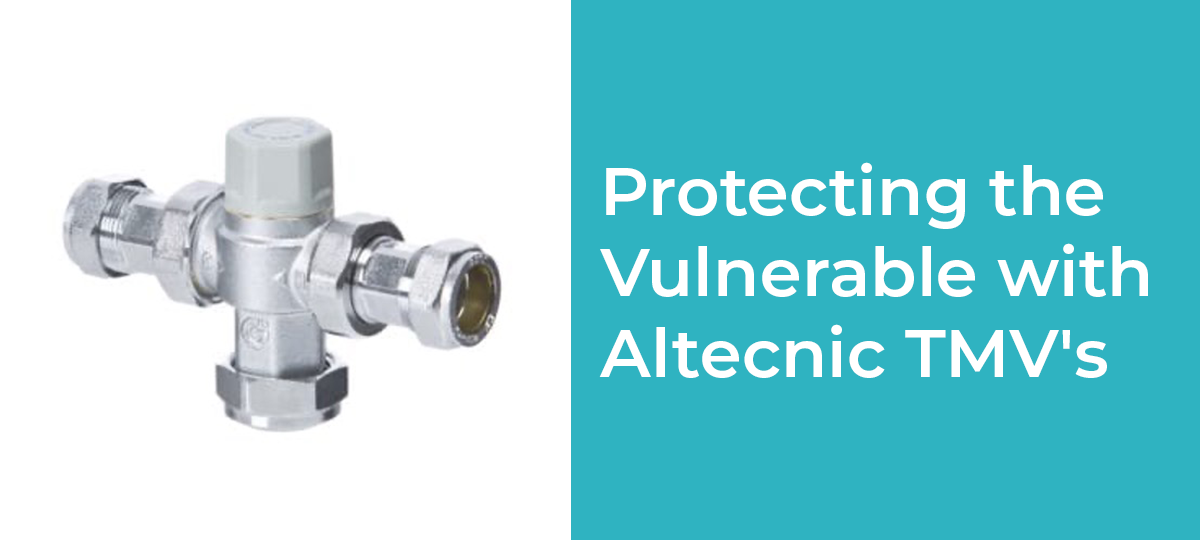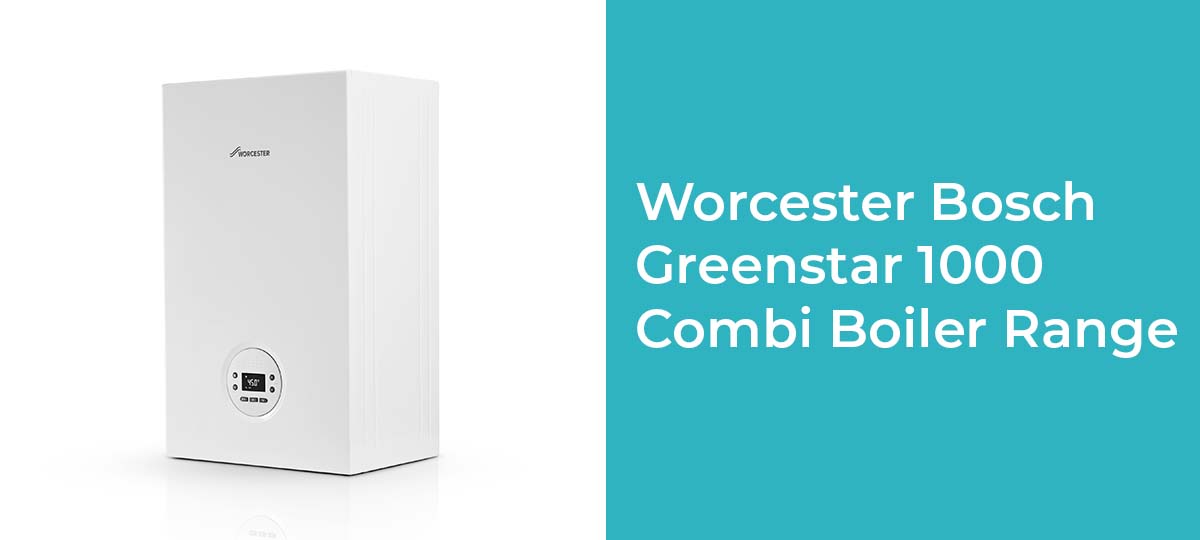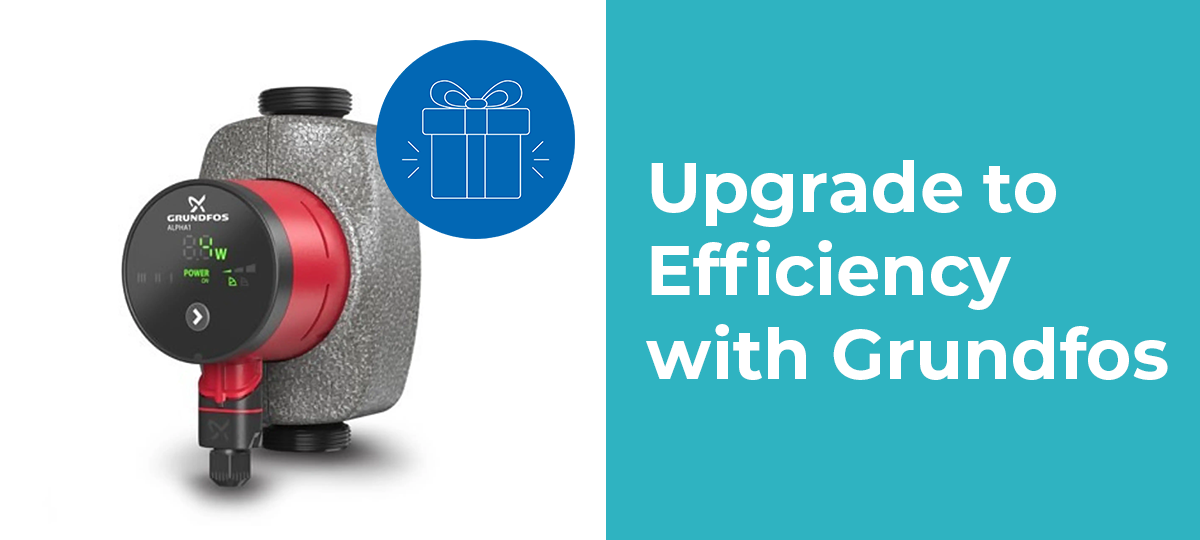What is the Difference Between Water Conditioners and Water Softeners.
Suffering from limscale build up? Hard water can be a big problem in the UK for many households. Limescale is one of the biggest issue associated with it. If you live in a hard water area, like 60% of the U.K., you would have noticed that limescale leaves behind a hard residue on plumbing, central heating, taps and appliances that are exposed to hot water. Over time, this residue can build up and be difficult to clean and can damage household appliances. In this blog post, we're looking at the difference between water conditioners and water softeners. We hope this will help you to fight limescale build up in the best way for your household.

Hard water map of the UK
What is Hard Water?
Hard water is a term that describes water that has a high concentration of minerals within it. Calcium and magnesium are the most common minerals found in hard water. Limescale is typically formed from chalky deposits such as calcium carbonate. This is then left behind when the water evaporates. Hard water is particularly common in the south east, east and parts of north Wales in the U.K. Here you will see very hard water. This is why these mineral deposits build up on surfaces and appliances that are exposed to hot water. Because of the problems associated with limescale, many are keen to find a way to improve the quality of their tap water. The good news is that there are a number of water treatment systems on the market which can accomplish this.
How to Get Rid of Limescale and Hard Water in Your Home.
When it comes to cleaning, limescale can be a real pain to deal with. It is stubborn and difficult to remove and it can really dull the shine on your sinks and tap. If you live in a hard water area, you will have seen the effects of hard water around your kitchens and bathrooms. The shower head may not seem as powerful or you may notice limescale 'scum' in your tea. Often, a descaler is required to clean the kettle and shower head to reduce limescale within it. This may seem trivial, but the limescale impacts our ability to visually inspect some plumbing components easily, such as the heating element in our washing machines or dishwasher. Over time this limescale will damage the appliance and you'll need to either replace it, or get it repaired by a plumber or engineer. Both situations can be costly.

For many, this is incentive enough to find a long-term solution to hard water. There are ways to improve the quality of the water. These methods include water conditioning systems, water filters or water softening devices . These all can help with water purification and water treatment and have different pros and cons to each.
What is the Difference Between Water Conditioners and Water Softeners?
The difference between a water softener and a water conditioner is in their basic design. Each filter the water differnetly. However, their end goal is similar. Their goal is ultimately to improve water quality. They do this by reducing limescale and other impurities in the water.
Water Softners:
A water softener is a device that removes minerals such as calcium and magnesium ions. It uses an ion exchange process. It does this by using salt. The harder minerals are then exchanged for sodium ions. Water is then flushed through resin beads. This traps the minerals within it, good or bad. Over time, these minerals build up and the resin bed needs to be flushed out and the salt replaced. Due to the fact a water softener works by adding salt and using a filter system, there is some maintenance and running costs associated with using this form of system. This can be quite costly, especially for those areas with very hard water. Another disadvantage to using a water softener is that the added sodium (salt) is not healthy. Many of the minerals that are removed from the drinking water are good for you.
Water Conditioners:
A water conditioner, is a device that is similar to a salt-free water softener. It changes the way the minerals interact with your plumbing, central heating and household appliances without removing the good minerals. These good minerals are beneficial for your health. It is important they remain. In addition, a water conditioner does not require on-going maintenance or need expense such as salt added to it. Simply add it to your central heating system and forget about it.With water conditioners, you will be reducing limescale build-up in your home which will be saving you time on cleaning and money on appliance maintenance. You also get the health benefits from the good minerals that are contained within the water. This is why many people look for a salt-free water conditioner instead of a water softener. A water conditioner deploys to alter the water in different ways. This includes, Ion Polarization,and Magnetism or Electromagnetism which use a magnetic field. Some of these methods require an electric connection to work, whilst others do not. The cost of each will vary depending on this.

Introducing the HomeScale Protect.
At Mr Central Heating, our preferred solution for dealing with limscale is to use the water conditioner method. It does not remove the good minerals from drinking water and helps to reduce limescale build up in the home. The water conditioner that we recommend is the HomeScale Protect. This particular water conditioner uses the Ion Polarization System (or IPS) to prevent the build-up of limescale. The IPS uses a flow-through body with turbine-shaped electrodes. These are constructed with two different electrically conductive materials. This design causes a swirling water flow, which in turn creates a change in the structure of the minerals.
The benefits of installing a HomeScale Protect:
-
Health Safety Product.
-
No Added Substances.
-
Does not Require an Electrical Connection.
-
Minimal Water Flow Reduction.
-
No need for expensive plastic water filters.

Mr Central Heating recommends the HomeScale Protect for effectively preventing the corrosion and creation of limescale in your water system. HomeScale Protect has an efficiency of over 76% in reducing the limescale on pipework, valves, taps, shower heads and coils within your heating system. By installing a HomeScale protect in your home, you will reduce the limescale build up and will also increase the life span of your appliance. This should mean you can save money in the long term too.
Get inspired by our customers on Instagram.









